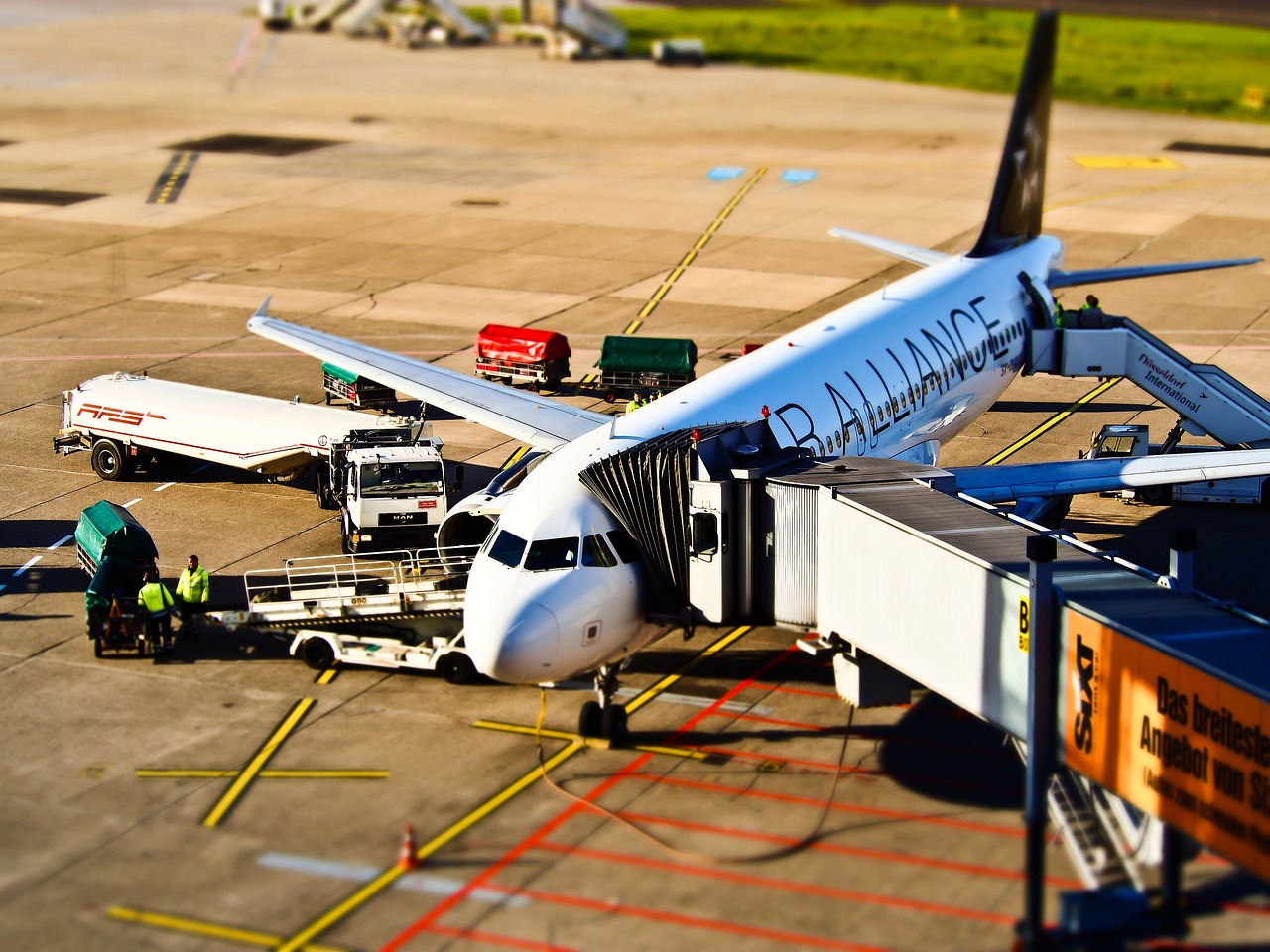Spain Imposes Record Fines on Budget Airlines for Abusive Practices
In a landmark decision, Spain has levied fines totaling €179 million (£149 million) against five budget airlines for what officials describe as “abusive practices.” This move comes amid growing scrutiny of the airline industry’s pricing strategies, particularly concerning charges for hand luggage and other additional fees that impact consumer choice.
Major Fines and Responses
Ryanair has emerged as the hardest hit, facing a €108 million (£90 million) penalty, followed by EasyJet with €29 million (£24 million). Other airlines penalized include Vueling, Norwegian Airlines, and Volotea, with fines of €39 million (£32 million), €1.6 million (£1.3 million), and €1.2 million (£1 million) respectively. These fines were confirmed after the Consumer Rights Ministry dismissed appeals from the companies involved.
The ministry emphasized that these airlines provided misleading information regarding pricing, making it difficult for consumers to compare offers effectively.
The investigation revealed that Ryanair charged excessive fees for a variety of services such as larger carry-on luggage and boarding pass printing at terminals. The penalties were calculated based on the illicit profits gained through these practices.
Industry Reactions and Future Implications
Ryanair CEO Michael O’Leary has labeled the fines as “illegal” and “baseless,” indicating plans to appeal the decision in EU courts. He defended the airline’s fee structure as a means to maintain lower fares for consumers by altering passenger behavior regarding baggage costs.
EasyJet and Norwegian Airlines have also announced their intention to contest the ruling, while the Spanish airline industry watchdog ALA has criticized the fines as infringing upon EU free market principles.
In contrast, Andrés Barragán, Secretary General for Consumer Affairs at the ministry, stood firm on the decision. He remarked on the absurdity of charging €20 just for printing a boarding pass at an airport—an issue that resonates beyond Spain’s borders.
Barragán highlighted that this problem is prevalent throughout other EU nations as well.
Consumer rights advocates have lauded this decision as a significant victory after years of campaigning against such fees. The ruling not only impacts these airlines but also sets a notable precedent for consumer protection across Europe.
As scrutiny of budget airline practices intensifies, it remains to be seen how these developments will shape future regulations and consumer experiences in air travel. With ongoing appeals from the airlines expected to unfold in EU courts, this issue is far from resolved.


